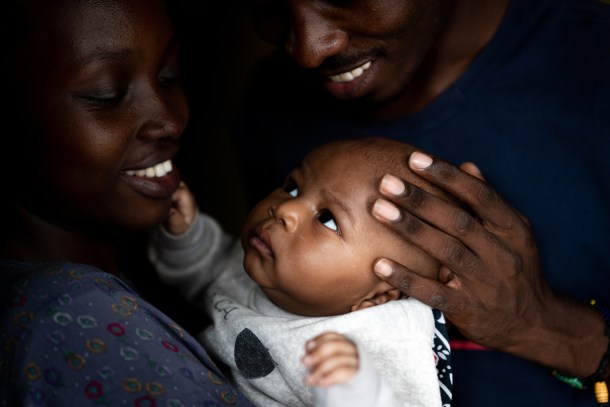
SPONSORED CONTENT – Each year over 4,000 foster youth in California emancipate from the foster care system. At age 18 they “age out” and enter adulthood, taking on all the responsibilities that come with it, including managing their finances. Unfortunately, many of these youth find themselves largely unprepared for this transition and experience undue financial hardship.
The pandemic has had a disproportionate impact on young people in foster care and those who have recently aged out of the system as they face isolation, staggering levels of job loss, food insecurity and homelessness.
According to a recent study in Child & Family Social Work, foster youth ages 18 and older are not achieving key financial skills, such as opening a checking account, building up savings or establishing a credit history. These financial barriers are driven by the lack of having access to consistent financial role models who can educate them about good financial habits.
For many foster youth, aging out is met with a lot of financial uncertainty. From securing housing with little to no credit history, working low-wage jobs because of limited work experience, or struggling to pay for school while trying to make ends meet, the financial roadblocks can feel endless.
As a former foster youth, I know this all too well. Twenty years ago, I emancipated from the foster care system. I was fortunate that I got accepted to UC Berkeley and was able to pay for college through financial aid and a scholarship. However, I knew nothing about money management. I arrived on campus with an envelope full of cash and graduated four years later in debt. I never had anyone to teach me about financial literacy. I kept high balances on my credit card, over drafted my checking account and had no idea what a credit score was. Yet despite all of this, I was one of the lucky ones.
Today, I serve as the Northern California Director for Community Banking at Chase. I lead a team of 17 Community Managers responsible for providing free financial health education and banking access in underserved Black, Hispanic and Latino communities. We do this as part of Chase’s Racial Equity Commitment, launched in 2020, which aims to help close the racial wealth gap. Working in the community, we educate on topics including budgeting, savings and credit, to equip individuals, like foster youth, with the resources and tools to reach their financial goals.
In order to meet the needs of foster youth aging out of the system and help put them on the right financial path, this starts with meeting them where they are and working with trusted community leaders. For instance, United Way California Capital Region’s Women United has raised more than $2 million dollars for United Way’s foster youth programs, helping open nearly 1,500 matched savings accounts for foster youth. This philanthropic network of over 250 women is dedicated to ensuring foster youth are prepared for a successful transition to independence. While saving, foster youth take financial literacy classes and other life skills classes to help them prepare for their transition.
This spring, Chase supported United Way California Capital Region and one of their life skills program partners, Fitrah, to provide financial health education to foster youth participating in the matched savings account program. Chase is offering these young individuals a multi-part educational series on budgeting, savings and credit.
Children in foster care are among the most vulnerable in America, yet, their financial futures aren’t always guaranteed. By coming together, Chase and United Way California Capital Region are working to change the financial outcomes for our foster youth. By pairing financial health education with savings accounts, our organizations are helping these individuals develop savings habits and accumulate assets that will put them on a pathway to financial stability and well-being.
Sponsored content from JPMorgan Chase & Co





